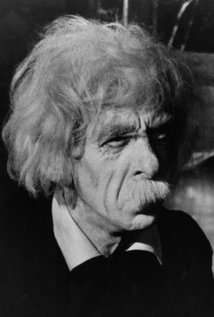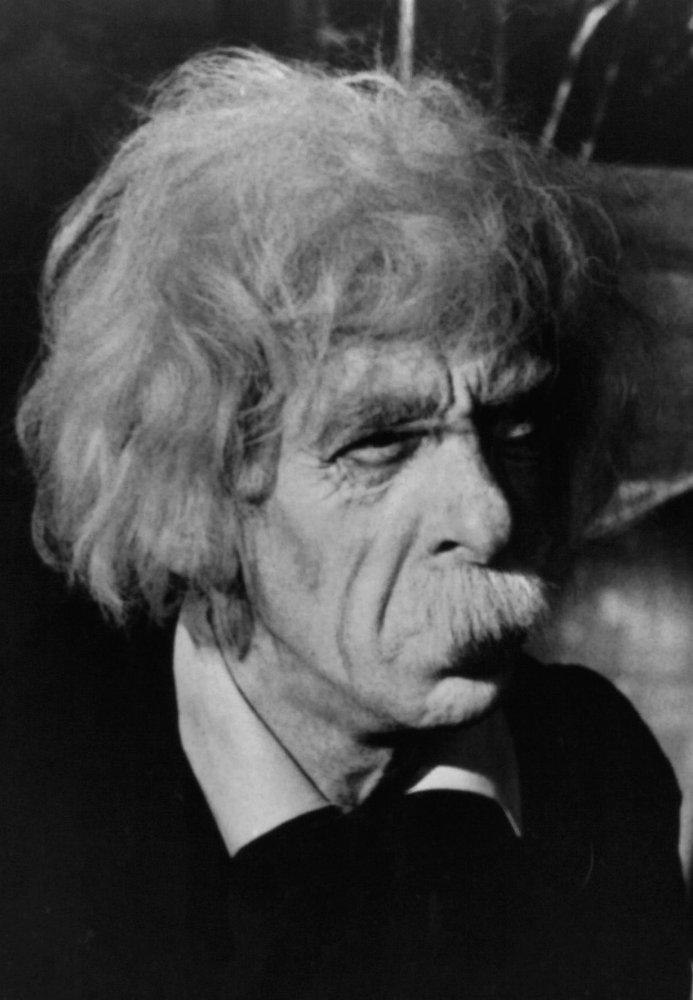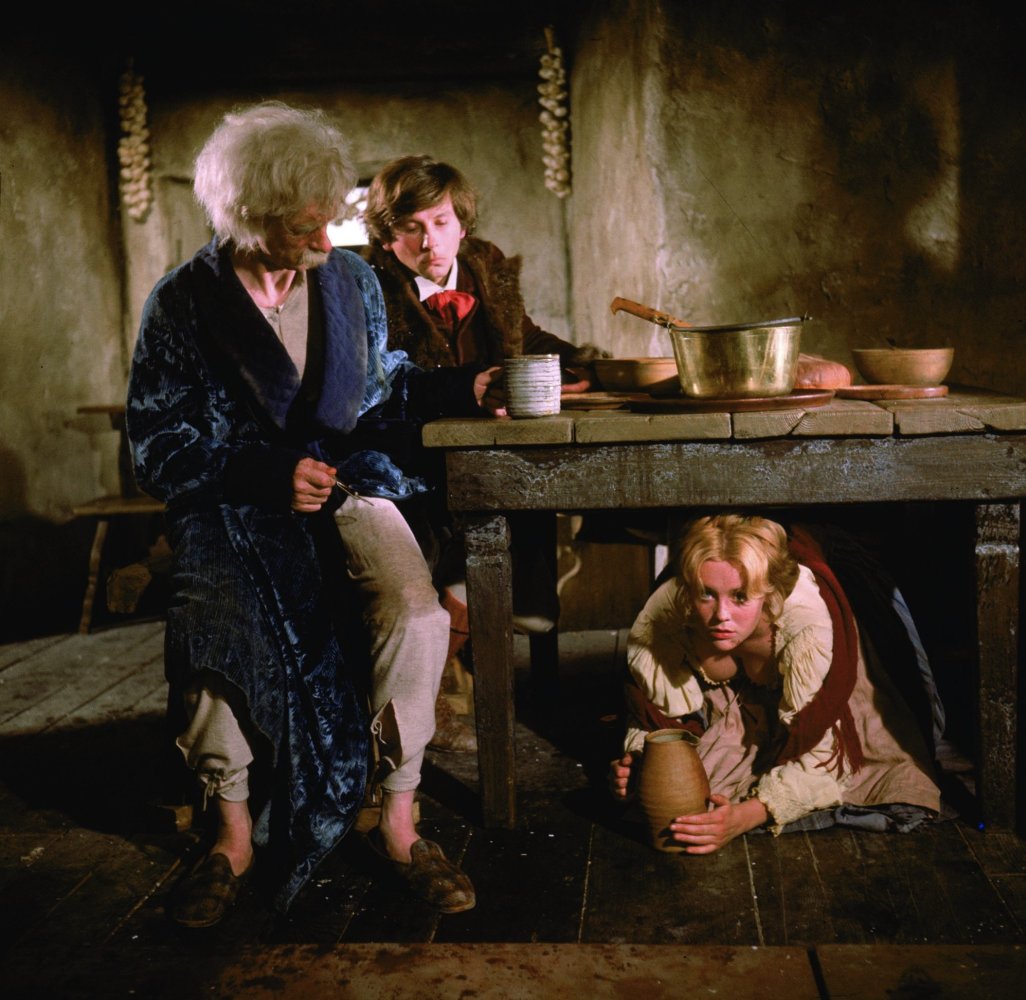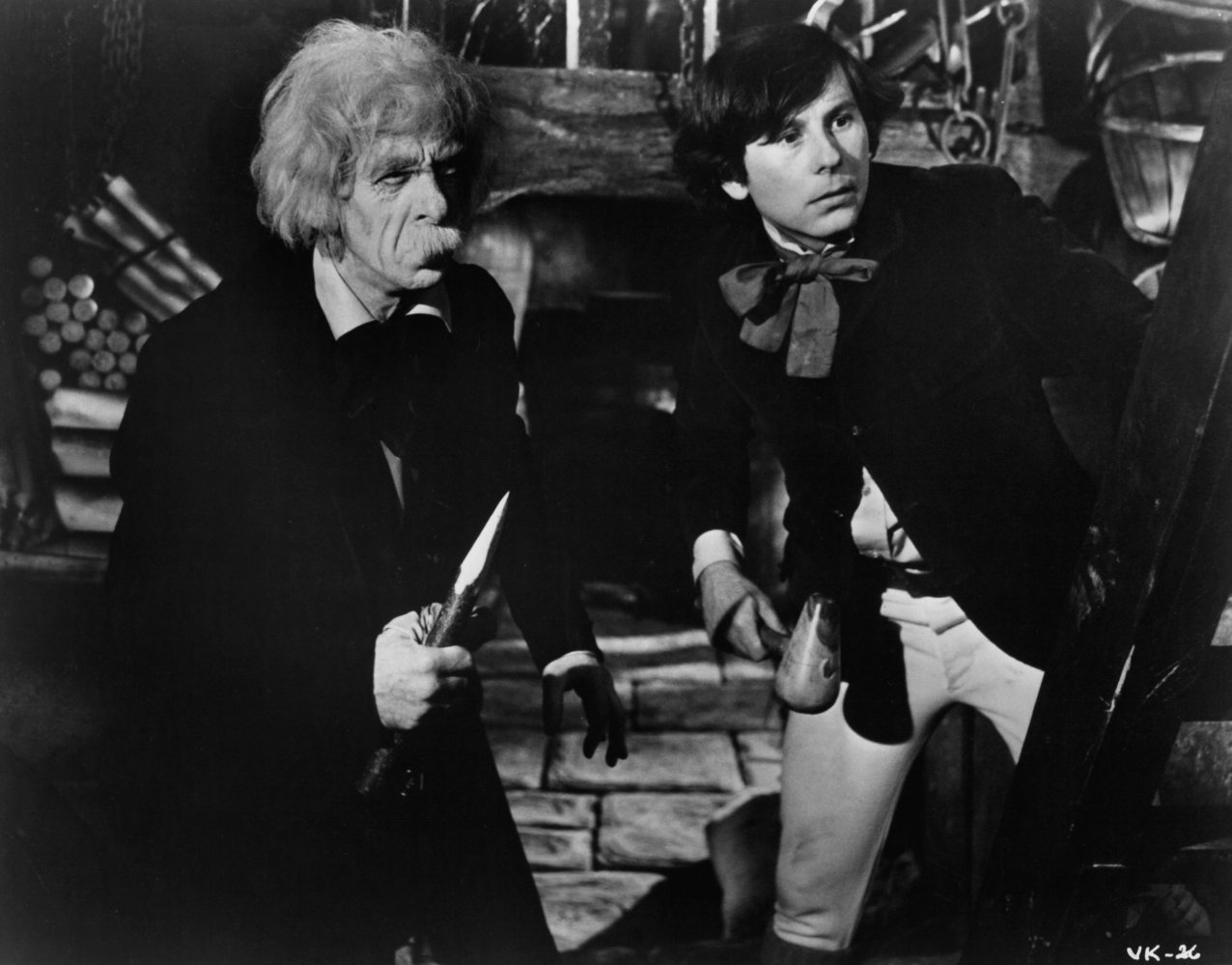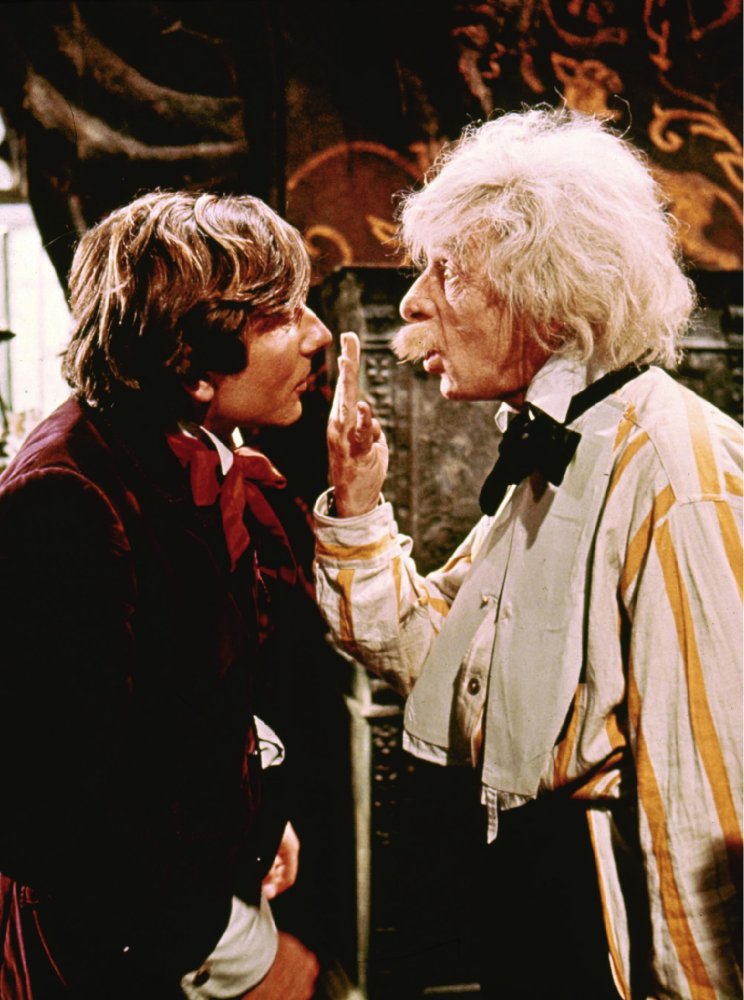Jack MacGowran, the great Irish character actor known for his roles in the plays of Samuel Beckett, was born on October 13, 1918, in Ireland. He established his professional reputation as a member of the Abbey Players in Dublin, but he won his greatest fame for essaying Beckett's characters onstage. (In 1971, MacGowran would win the Obie Award...
Show more »
Jack MacGowran, the great Irish character actor known for his roles in the plays of Samuel Beckett, was born on October 13, 1918, in Ireland. He established his professional reputation as a member of the Abbey Players in Dublin, but he won his greatest fame for essaying Beckett's characters onstage. (In 1971, MacGowran would win the Obie Award for Best Performance By an Actor essaying "Beckett" on the off-Broadway stage.)MacGowran's appearance as the Squire's right-hand man in John Ford's paean to Ireland, The Quiet Man (1952), introduced him to world cinema. In 1954 he moved to London, where he joined The Shakespeare Company (before it won the patronage of Queen Elizabeth II and added the sobriquet "Royal" to its name). At the Shakespeare Company, he became friends with fellow Irishman-abroad Peter O'Toole, with whom he would co-star in Richard Brooks's Lord Jim (1965) (1965) a decade later. In New York, he appeared as Joxer, one of the greatest roles in modern Irish drama, in the Broadway musical "Juno", which was based on 'Sean O'Casey''s 1924 masterpiece "Juno and the Paycock (1930)". Fittingly, he played O'Casey's brother Archie in Young Cassidy (1965), one of John Ford's last films (which the director had to abandon owing to ill health).One of his only movie leads came with Wonderwall (1968), an exercise in "mod" cinema (a genre that ironically harkened back to the first cinema, that of the silent screen), a film that is remembered mostly for 'George Harrison's score. By that time, MacGowran had established himself as the actor to go to for roles calling for an impish, Puckish character. He was in great demand for comedies, such as the Oscar-winning 'Tom Jones (1963)_ (Best Picture of 1963) and Start the Revolution Without Me (1970). In the classical genre, he memorably played The Fool to the great 'Paul Scofield''s watershed interpretation of King Lear (1971) in Peter Brooks's 1971 film that captured Scofield's magisterial performance, arguably the greatest interpretation of Lear in the 20th century.After starring in the first London production of Beckett's "Endgame", MacGowran began a busy career as a character actor in motion pictures. Director Roman Polanski used him twice, as a gangster in his absurdist Cul-de-sac (1966) and as Professor Abronsius, the Vampire Hunter, in his horror film parody Dance of the Vampires (1967), a role that was written especially for him. His last film was a more straightforward horror picture, the 1973 blockbuster The Exorcist (1973), in which he played a doomed film director.Jack MacGowran died on January 31, 1973, of complications from influenza, which he had caught in London during a flu epidemic. The cinema and the stage lost a unique talent that never has been replaced.
Show less «

